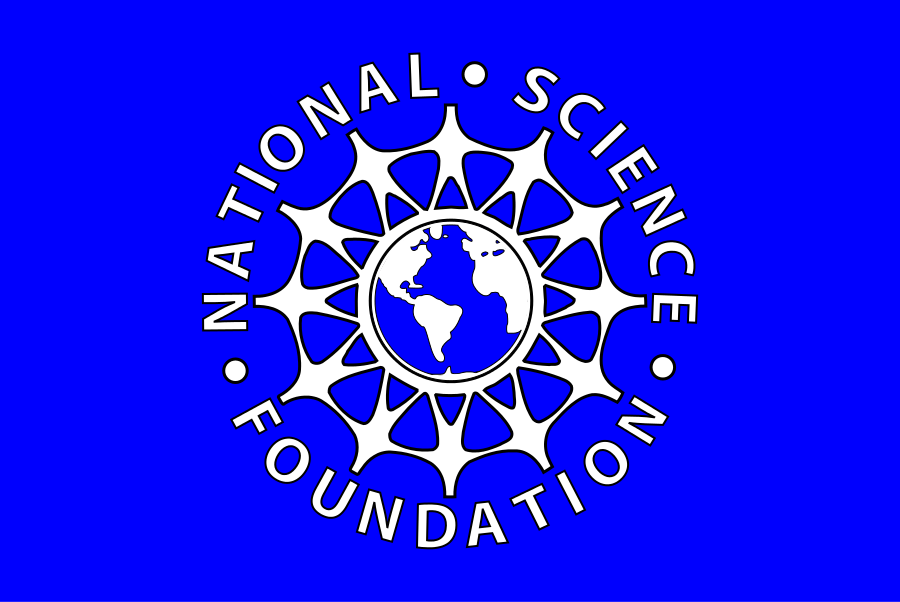Pull up the drawbridge, flood the moat and drop the portcullis. That, it would seem, is the science and research policy of the United States circa 2025.
The problem with a siege policy is that eventually the inhabitants in the castle will starve.
Current actions across the board suggest that starvation may become the fate of American global scientific leadership. Leadership which has dazzled the world for more than a century. Leadership which has benefited not just Americans but all of humanity with inventions ranging from communications to transportation, to medicine, to entertainment.
An American president might have gone to the United Nations and said, “As we the people of America have given so much to the world, from disease suppression to the wonder of the internet, we should expect understanding when we ask of you what is very little.”
This imaginary president might have added, “The United Nations is a body of diverse people, and we are a nation of diverse people.
“We have been a magnet for the talent of the world from the creation of this nation.
“We are also a sharing nation. We have shared with the world financially and technologically. Above all, we have shared our passion for democracy, our respect for the individual and his or her human rights.
“At the center of our ability to be munificent is our scientific muscle.”
This president might also have wanted to dwell on how immigrant talent has melded with native genius to propel and keep America at the zenith of human achievement — and keep it there for so long, envied, admired and imitated.
He might have mentioned how a surge of immigrants from Hitler’s Germany gave us movie dominance that has lasted nearly 100 years. He might have highlighted the energy that immigrants bring with them; their striving is a powerful dynamic.
He might have said that striving has shaped the American ethos and was behind Romania-born Nikola Tesla, South Africa-born Elon Musk or India-born and China-born engineers who are propelling the United States leadership in artificial intelligence. The genius behind Nvidia? Taiwan-born Jensen Huang.
I have been reporting on AI for about a decade — well before ChatGPT exploded on the scene on Nov. 30, 2022. All I can tell you is wherever I have gone, from MIT to NASA, engineers from all over the world are all over the science of AI.
The story is simple: Talent will out, and talent will find its way to America.
At least that was the story. Now the Trump administration, with its determination to exclude the foreign-born — to go after foreign students in U.S. universities and to make employers pay $100,000 for a new H-1B visa — is to guarantee that talent will go somewhere else, maybe Britain, France, Germany or China and India. Where the talent goes, so goes the future.
So goes America’s dominant scientific leadership.
At a meeting at an AI startup in New York, all the participants were recent immigrants, and we fell to discussing why so much talent came to the United States. The collective answer was freedom, mobility and reverence for research.
That was a year ago. I doubt the answers would be as enthusiastic and volubly pro-American today.
The British Empire was built on technological dominance, from the marine chronometer to the rifled gun barrel to steam technology.
America’s global leadership has been built, along with its wealth, on technology, from Ford’s production line to DuPont’s chemicals.
Technology needs funding, talent and passion (the striving factor). We have led the world with those for decades. Now that is in the balance.
President Donald Trump could make America even greater: beat cancer, go to Mars, and harness AI for human good.
Those would be a great start. To do it, fund research and attract talent. Keep the castle of America open.

 Follow
Follow
Leave a Reply